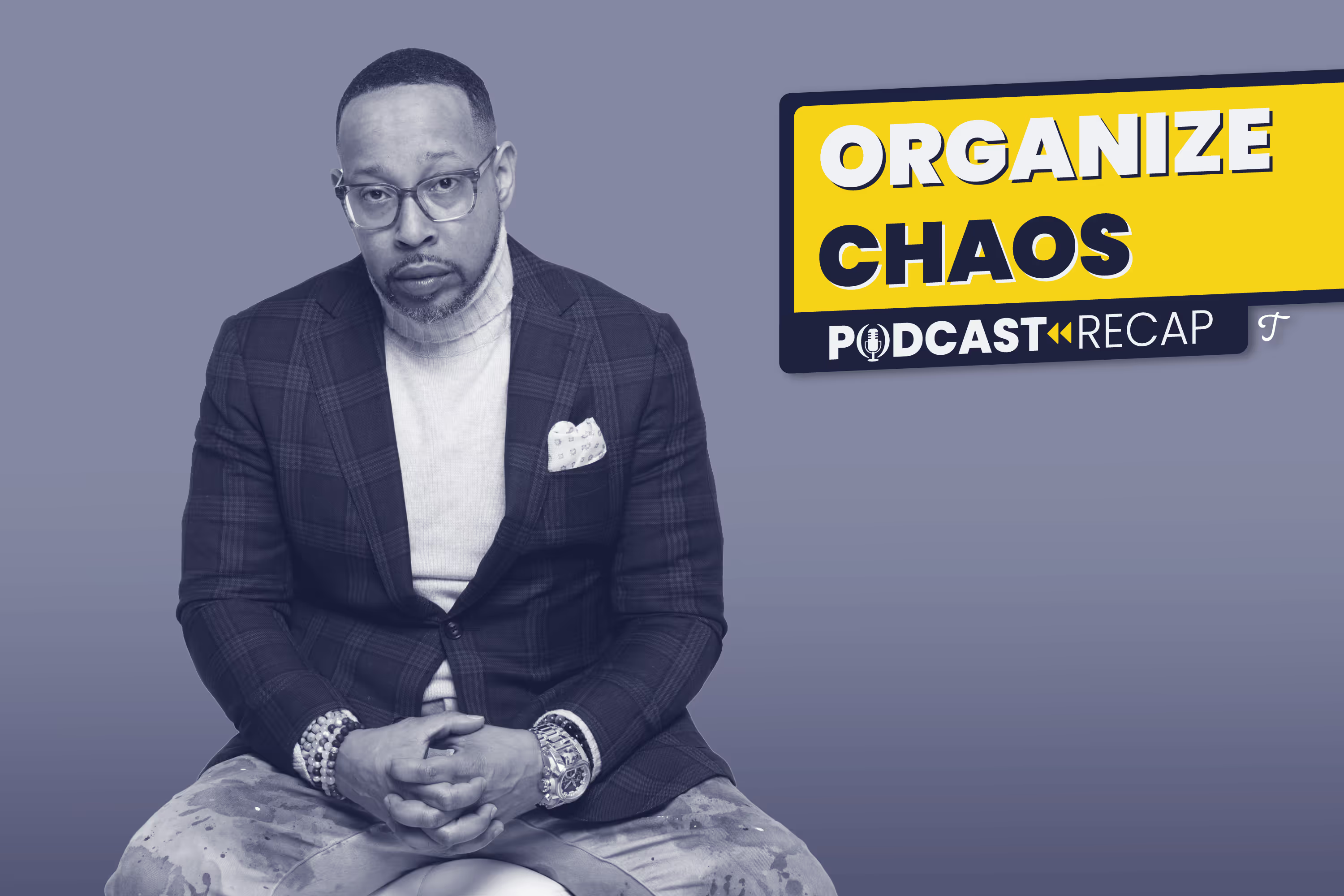
Articles
Why Trucking Companies Need Systems and Process
July 8, 2022

Everything around us — from the chemicals in your electronics to the food in your refrigerator — is impacted by the trucking industry. That makes it a great market for starting an SMB, but one expert says most small carriers will likely fail within the first two years.
Meet Adam Wingfield, a Process People community member, Trainual-certified consultant, and founder of Innovative Logistics Group. Adam also co-founded InnoPortal, a trucking dispatch system that’s done over $80 million in transactions in just the last two years.
Recently, Adam joined us on the “Organize Chaos” podcast to have a roundtable discussion about what’s going on in the trucking industry. And in this episode, he talks about why systems and processes are vital to small carriers (or any SMB):
Tight profit margins require operational efficiency
Adam says the typical profit margin for small carriers ranges from 5% to 35%, largely based on how the owner operates their business. “You have to be operationally efficient and obsessed with processes and profitability,” Adam explained. Otherwise, you end up wrecking your already-tight margins with inefficiencies and compliance issues.

But when trucking companies document their standard operating procedures (SOPs), they ensure that everyone knows the most efficient way to do things. That means the business runs as lean as possible, preventing growing costs and keeping profit margins as high as possible.
“Every ounce of spare efficiency in trucking means more money to the bottom line.” – Adam Wingfield, founder of Innovative Logistics Group & co-founder of InnoPortal
Access and accountability prevent compliance issues
Mega carriers — like FedEx and UPS — are tightly regulated by the Federal Motor Carrier Safety Administration (FMCSA) because they have more assets and a lot of drivers. But for small carriers, these compliance issues often fly underneath the radar until it’s too late.
“There are so many small things that can surface on the compliance side and mean disaster for a small company,” Adam told us. They could fail an entrant safety audit because everyone isn’t following proper procedure. Or they could run into rising insurance rates due to an accident.
The point is, you can prevent compliance issues with proper systems and processes. Adam suggests documenting your onboarding process for drivers, basic employee orientation (for non-truck drivers), and all of your compliance requirements. Then, make sure it’s easy to access for everyone from anywhere.
“[At FedEx], you know exactly what you're responsible for doing and what the consequences are for not doing so. But you don’t see that on the small carrier side.”
Systems and processes help carriers survive industry cycles
The trucking industry is cyclical, which means it goes up and down just like the stock market. And when small carriers have systems and processes in place, they achieve the efficiency, compliance, and profitability needed to survive the ebbs and flows.
“It’s so important to understand how every single decimal point plays in the overall operational efficiency [of trucking companies],” Adam shared. For example, if you have 10 trucks — the large majority of small carriers — you can save between $50K and $70K a year just by adding one more mile to your average mile per gallon.
Then, you reinvest that freed-up cash back into the business and become even more profitable. Or you can use it to cushion unexpected dips in the market.
[Cutting costs to increase profits] means more payroll, bonuses, dividend reinvestment, upgrading equipment, or just washing our trucks — whatever it needs to look like.”
But if you want to reach a level of efficiency that cuts costs (AKA increases revenue), you must have proper documentation. Because without SOPs and compliance requirements, it’s nearly impossible to set your team up for success and align all your drivers on what they need to do.
Autonomous driving still requires some human element.
It wouldn’t be a transportation conversation without the mention of autonomous driving. And Adam believes that autonomous trucks will still require a driver at times, which means you’ll still need systems and processes. “Autonomous trucks can’t fuel themselves or back into a shipping dock, so it's going to have that human element,” he explained.

But Adam also sees autonomous driving improving transit times since drivers can only legally be on the road for so many hours a day. This will allow carriers to fulfill shipments quicker and take on even more jobs to boost revenue.
The trucking industry is a high-demand market. But that doesn’t mean any small business is automatically set up for success. Instead, you must have solid systems and processes in place first to ensure efficiency, compliance, and profitability.
Similar Blog Posts







